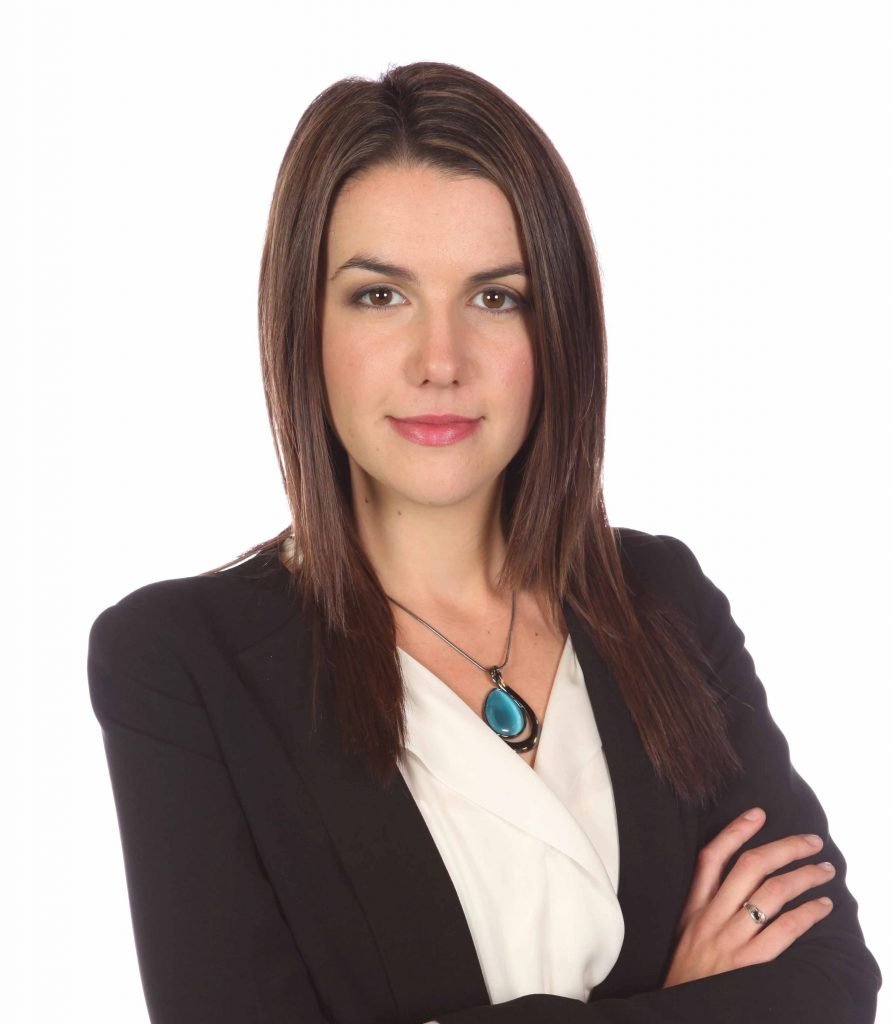“Anglophones need to stop being hostages of the Liberal Party”: Éric Duhaime
Quebec Conservative Party leader seeks common ground with English-speakers
Raquel Fletcher in Quebec City
Éric Duhaime is categorical that Bill 96, the government’s French language reform legislation, is fundamentally flawed. Applying the notwithstanding clause upfront so that the bill cannot even be challenged in the courts goes against the very spirit of the Charter of Rights, he says.

“Our concern is regarding human rights, basically,” Duhaime says in an interview. “Even people who are very nationalist or sovereignist should be against this bill.”
The leader of the Conservative Party of Quebec is hoping to find some common ground with the province’s anglophones, the vast majority of whom also do not support the legislation. According to an online Angus Reid poll last October, 95 per cent of English-speaking Quebecers are somewhat or strongly opposed to Bill 96.
“I want the Conservative message to be heard among anglophones,” Duhaime says. He is courting the protest vote. He sees his party as a credible alternative for federalist English-speaking voters looking to send a message of their discontentment with the current CAQ government, as well as those who may be disillusioned with past Liberal governments.
“I think Anglophones need to stop being hostages of the Liberal Party,” he says.
In second place among francophones
Duhaime’s party is becoming increasingly popular. Recent polls put him second behind the Coalition Avenir Quebec (CAQ) among French-speaking voters, even if the gap between the two parties is still in the double digits.
Since taking over as leader in April 2021, he’s increased the membership of his party ten-fold from 500 members to almost 50,000. He has established riding associations in 105 of 125 constituencies according to a recent report by Radio-Canada.
For now, his support appears to be concentrated in the Quebec City region, where Duhaime is most well-known, due to his long career as a host on trash radio. However, Duhaime is confident he can also make inroads with the anglophone community, largely represented on the island of Montreal.
A similar message
His message is similar to what the CAQ tried to convey in the 2018 election. In a memorable speech during a party convention, leader François Legault said: “If you wish for Quebec to flourish within Canada, if you have had enough of being stuck with the Liberal Party that is worn out, if you’re tired of being taken for granted, you now have an option. Join us.”
It didn’t resonate. The CAQ was elected with an overwhelming majority but received very little support from Quebec anglophones. English speakers fed up with the Liberals were more likely to stay home on election night then cast a vote for the CAQ. So why would Anglophones vote for the Conservative Party this time around?
“We’re not a spin-off of the PQ,” Duhaime replies, referring to Legault’s past as a Parti Québécois cabinet minister.
Asked if he thinks anglophones will respond to his anti-health measure message, the Conservative leader credits much of his newfound support to Quebecer’s frustration over health measures, particularly during this last COVID-19 wave. Duhaime supported the trucker convoy and other protestors in Ottawa and Quebec City and says the Legault government went too far with health measures, which he has qualified as excessive or even “abusive.”
He has been particularly critical of shutdowns, curfews and masks for kids in the classroom. The province should have “protected the most vulnerable,” namely seniors, without preventing everyone else from living their lives, he says.
“You have to take into consideration the population as a whole… everything was focused on COVID,” he explains. “We imposed measures on youth that have never been imposed on them. What will the long-term effect be on them?”
Duhaime denies that his position is radical. “I just believe in freedom of choice.” Will Quebecers see his party as a credible choice in the upcoming fall election? It’s definitely a long shot, but I wouldn’t count him out.














